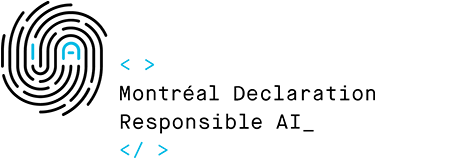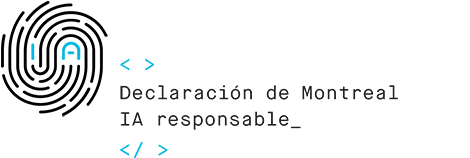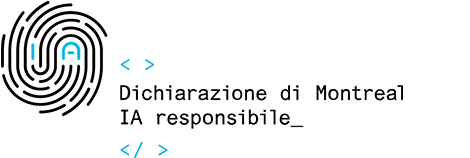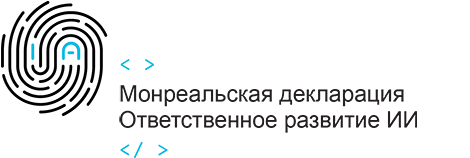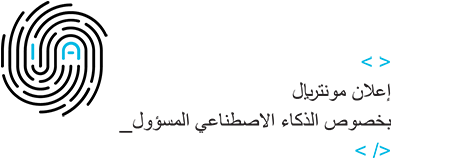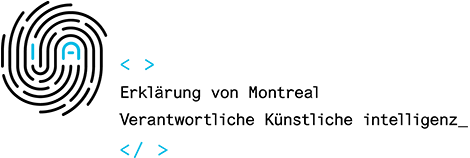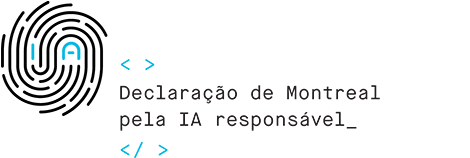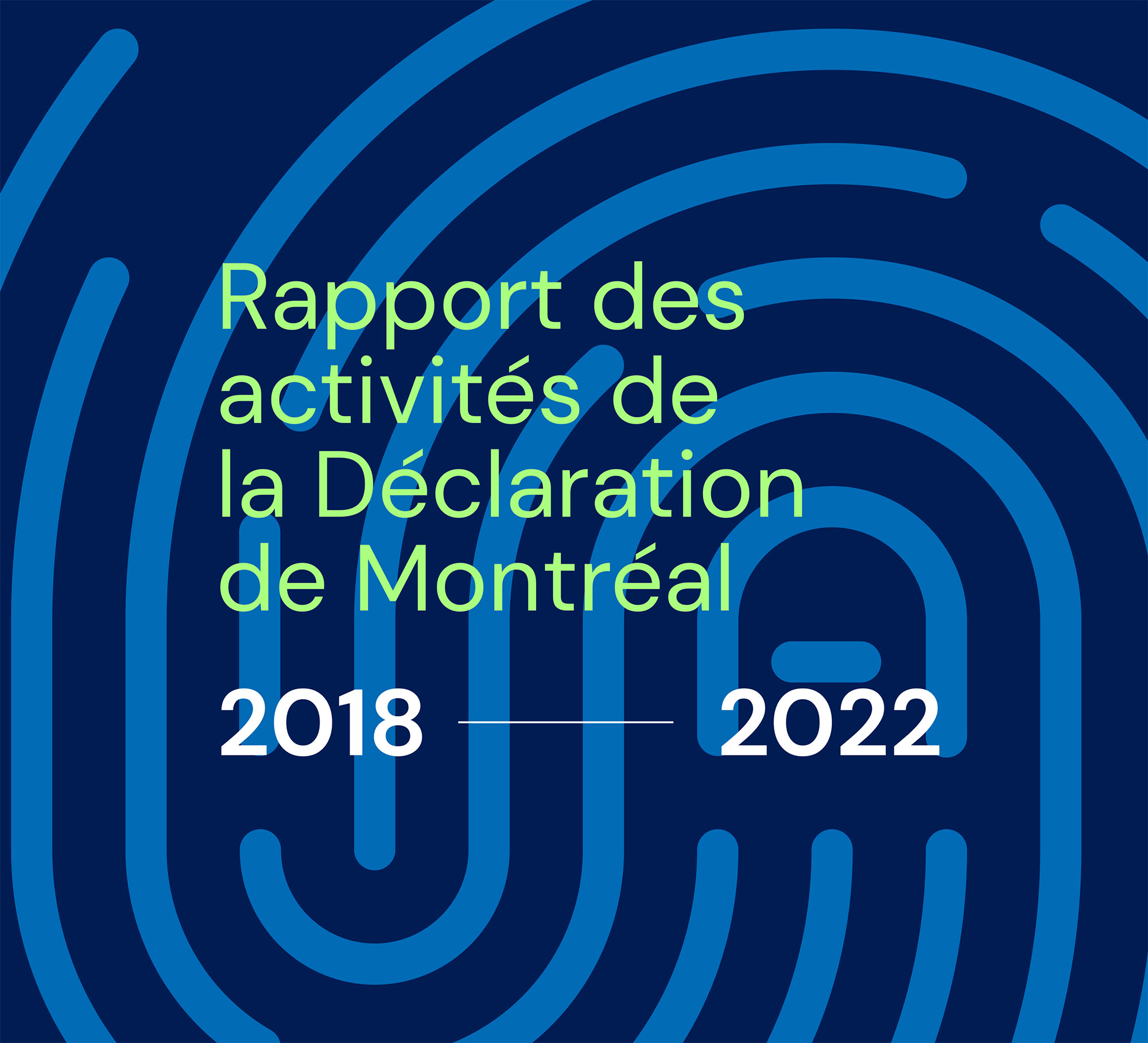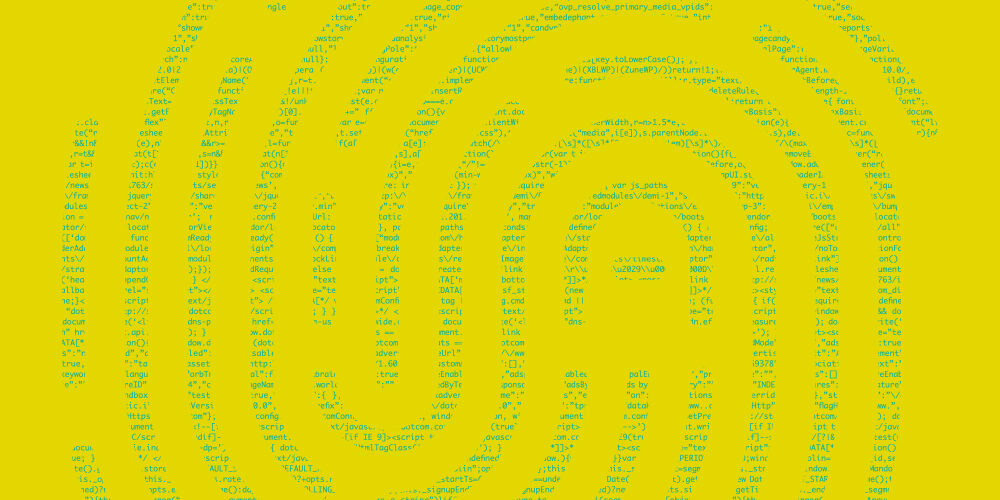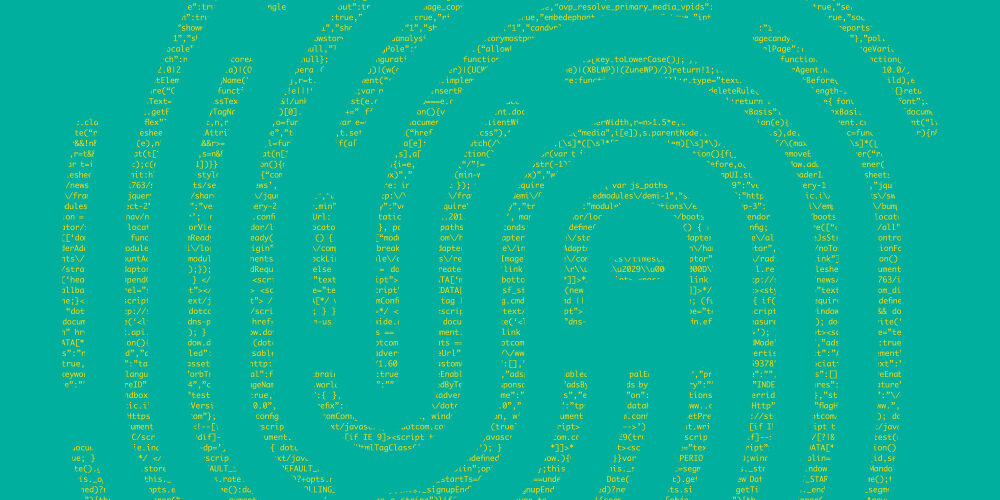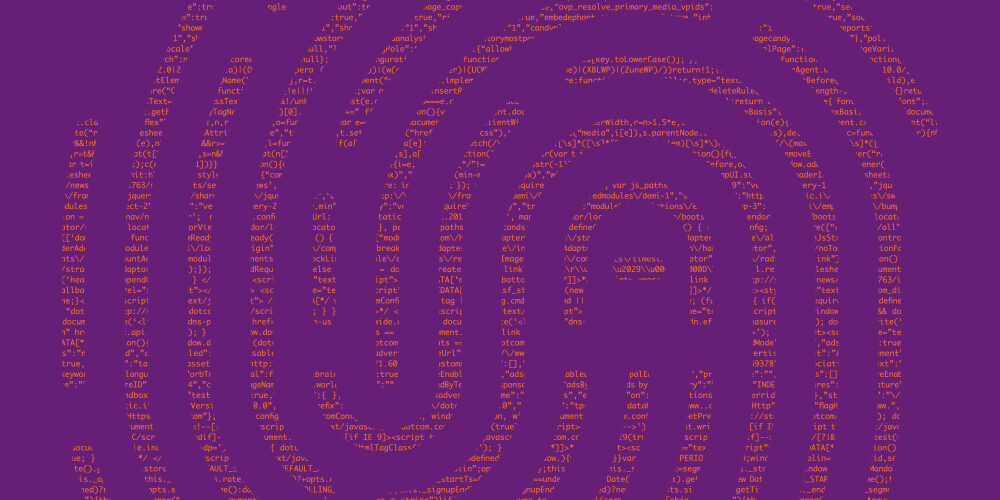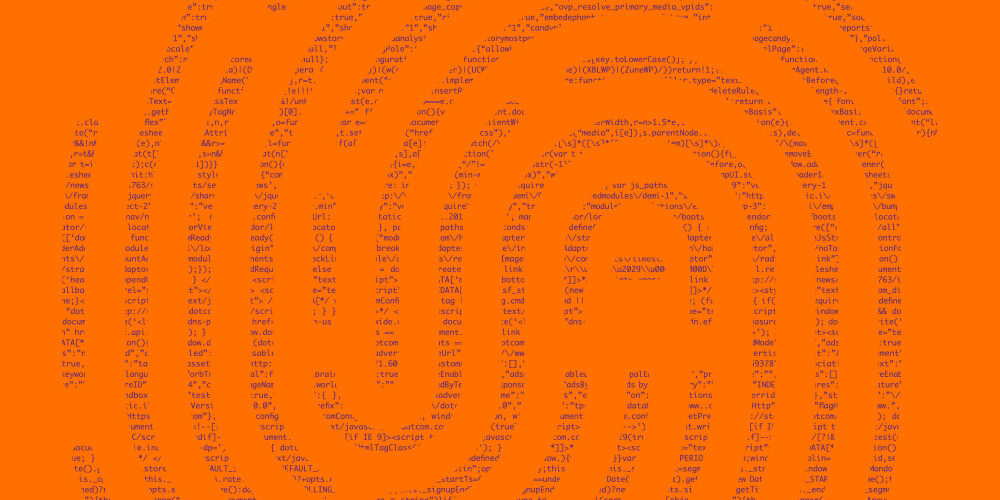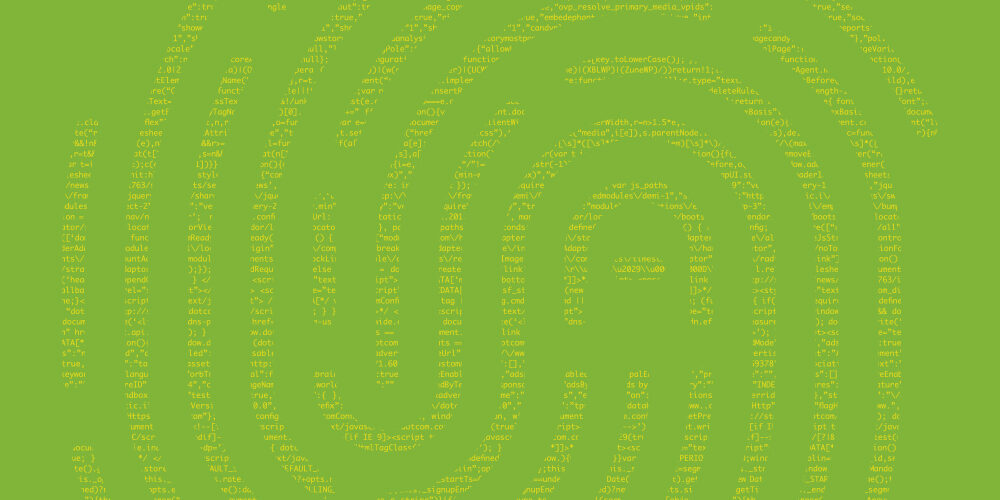The Montréal Declaration for a Responsible Development of Artificial Intelligence
I wish to sign the
Montreal Declaration
for a Responsible Development of
Artificial Intelligence
A declaration for what purpose?
The Montreal Declaration for responsible AI development has
three main objectives:
- Develop an ethical framework for the development and deployment of AI;
- Guide the digital transition so everyone benefits from this technological revolution;
- Open a national and international forum for discussion to collectively achieve equitable, inclusive, and ecologically sustainable AI development.
A declaration of what?
A declaration for whom?
A Declaration according to what method?
After the Declaration?
Preamble
For the first time in human history, it is possible to create autonomous systems capable of performing complex tasks of which natural intelligence alone was thought capable: processing large quantities of information, calculating and predicting, learning and adapting responses to changing situations, and recognizing and classifying objects. Given the immaterial nature of these tasks, and by analogy with human intelligence, we designate these wide-ranging systems under the general name of artificial intelligence. Artificial intelligence constitutes a major form of scientific and technological progress, which can generate considerable social benefits by improving living conditions and health, facilitating justice, creating wealth, bolstering public safety, and mitigating the impact of human activities on the environment and the climate. Intelligent machines are not limited to performing better calculations than human beings; they can also interact with sentient beings, keep them company and take care of them.
However, the development of artificial intelligence does pose major ethical challenges and social risks. Indeed, intelligent machines can restrict the choices of individuals and groups, lower living standards, disrupt the organization of labor and the job market, influence politics, clash with fundamental rights, exacerbate social and economic inequalities, and affect ecosystems, the climate and the environment. Although scientific progress, and living in a society, always carry a risk, it is up to the citizens to determine the moral and political ends that give meaning to the risks encountered in an uncertain world.
The lower the risks of its deployment, the greater the benefits of artificial intelligence will be. The first danger of artificial intelligence development consists in giving the illusion that we can master the future through calculations. Reducing society to a series of numbers and ruling it through algorithmic procedures is an old pipe dream that still drives human ambitions. But when it comes to human affairs, tomorrow rarely resembles today, and numbers cannot determine what has moral value, nor what is socially desirable.
The lower the risks of its deployment, the greater the benefits of artificial intelligence will be. The first danger of artificial intelligence development consists in giving the illusion that we can master the future through calculations. Reducing society to a series of numbers and ruling it through algorithmic procedures is an old pipe dream that still drives human ambitions. But when it comes to human affairs, tomorrow rarely resembles today, and numbers cannot determine what has moral value, nor what is socially desirable.
The principles of the current declaration rest on the common belief that human beings seek to grow as social beings endowed with sensations, thoughts and feelings, and strive to fulfill their potential by freely exercising their emotional, moral and intellectual capacities. It is incumbent on the various public and private stakeholders and policymakers at the local, national and international level to ensure that the development and deployment of artificial intelligence are compatible with the protection of fundamental human capacities and goals, and contribute toward their fuller realization. With this goal in mind, one must interpret the proposed principles in a coherent manner, while taking into account the specific social, cultural, political and legal contexts of their application.

